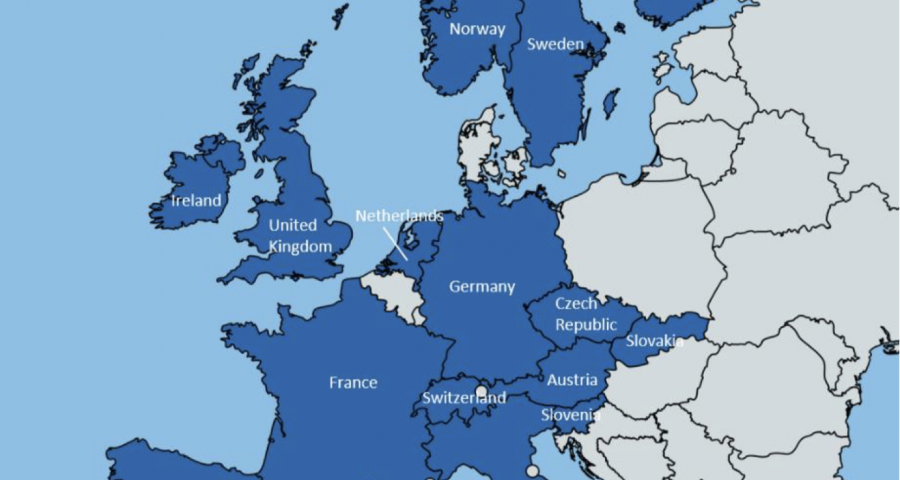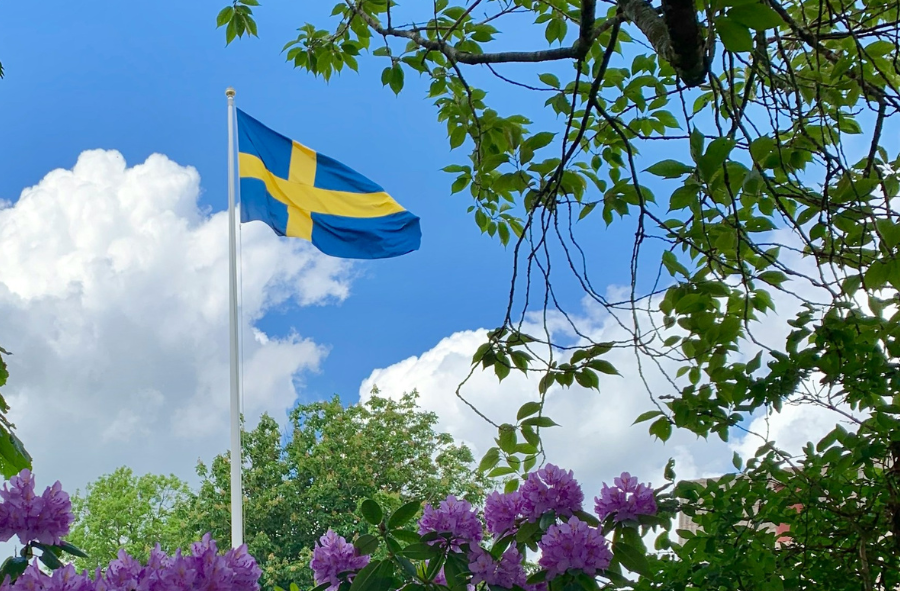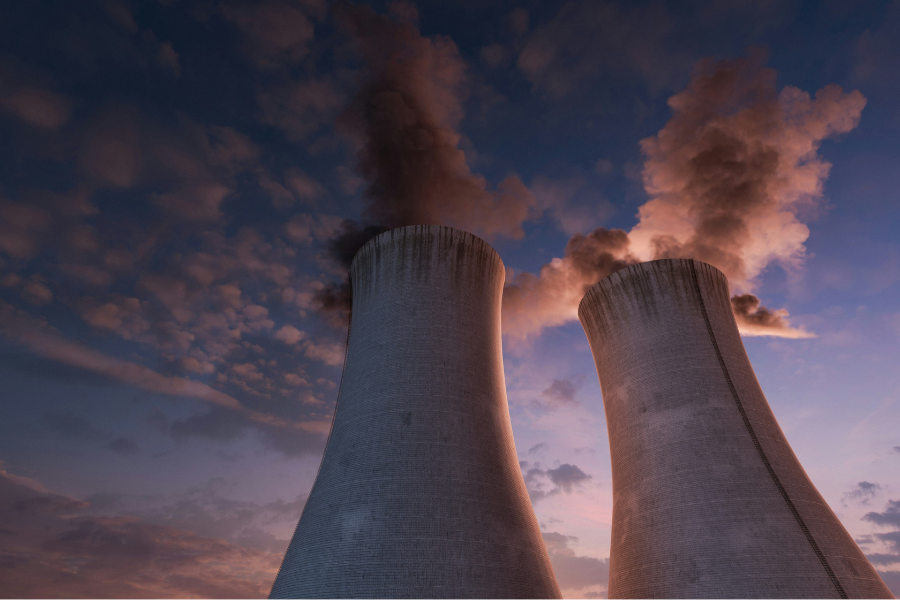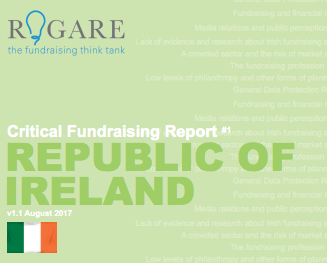
Irish fundraisers must collaborate more to address sector issues, finds Rogare
September 19, 2017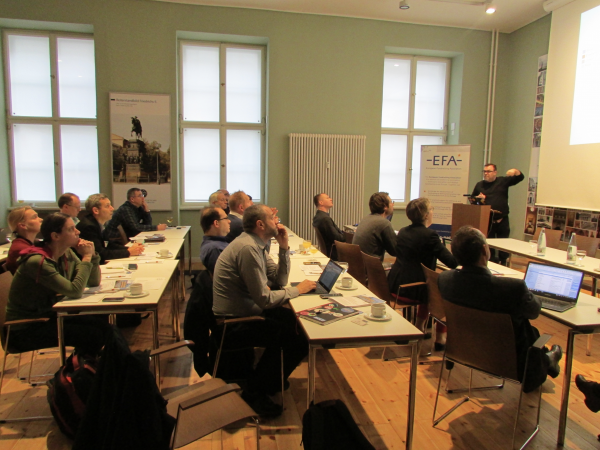
Highlights from EFA Skillshare 2017
December 6, 2017Fundraising associations in Europe report national voluntary income growth, but donor numbers could be stabilising, according to Fundraising in Europe 2017, a new report published today.
EFA’s report[1] represents the views of fifteen national fundraising associations about charitable giving trends, influencing factors and concerns for fundraising, EU data protection legislation and support from government.
Findings include the large majority of associations recording a rise in their country’s voluntary income over the last five years. Increasing use of social media, technological developments, growing national economies and innovation are all cited as positive influencing factors for fundraising, together with growing professionalism across the sector.
The community is also broadening with many of the less traditional fundraising sectors now attracting a sizeable share of voluntary income. While children’s charities remain the top cause, arts, education, sports and environment charities are becoming more prominent.
Despite growth in the European population, less than half of the associations surveyed (six) report a rise in donor numbers, with five saying donor numbers were static and three that they have fallen during the past five years. However, associations also referenced new groups of donors and younger supporters who have become more accessible to the sector with the development of online donation platforms, growth of peer-to-peer giving and with new entrants to the fundraising marketplace attracting a different supporter base.
The report indicates that the rising cost of fundraising has overtaken public trust (the lead concern in EFA’s previous report from 2015) as the most highly ranked concern for charities. Public trust in charities and adapting to forthcoming EU data protection rules (GDPR) were the next most common causes for concern, with most national fundraising associations believing that charities in their nation are under-prepared for GDPR requirements.
Gosse Bosma, EFA president and director of Goede Doelen Nederland, says:
“The sector rarely shies away from innovation and, having embraced new payment channels, peer-to-peer giving platforms and social media, this report shows that fundraising continues to be a dynamic and exciting industry.
“A big challenge however is strengthening relationships with supporters, particularly younger generations, and making the most of the new opportunities that technological developments and digital fundraising bring.
“At the same time, charities have to be careful not to ask too much. The number of fundraising organisations is rising, which can compound the effect and deter the public from giving. We need to do all we can to ensure that every contact with a current or potential donor is a positive experience.”
The report addresses fundraising in Austria, Czech Republic, Finland, France, Germany, Ireland, Italy, Netherlands, Norway, Slovakia, Slovenia, Spain, Sweden, Switzerland and the United Kingdom. It is estimated that charitable donations to these nations amount to at least EUR 83.8 billion[2].
For more information, see the full report – Fundraising in Europe 2017.
Notes
1. Fundraising in Europe 2017 – EFA’s report provides a snapshot of fundraising in fifteen European nations, summarising the key findings of desk-based research and a survey of EFA’s members (representatives of national fundraising associations).
A representative from each of 15 national fundraising associations completed EFA’s membership survey in May to June 2017, referencing national data sources and completing additional interview questions on request. The report addresses fundraising in the following nations: Austria, Czech Republic, Finland, France, Germany, Ireland, Italy, Netherlands, Norway, Slovakia, Slovenia, Spain, Sweden, Switzerland and the United Kingdom.
2. Source: ERNOP, Giving in Europe 2017 (NB. ERNOP’s report excludes voluntary income data from Slovenia).

